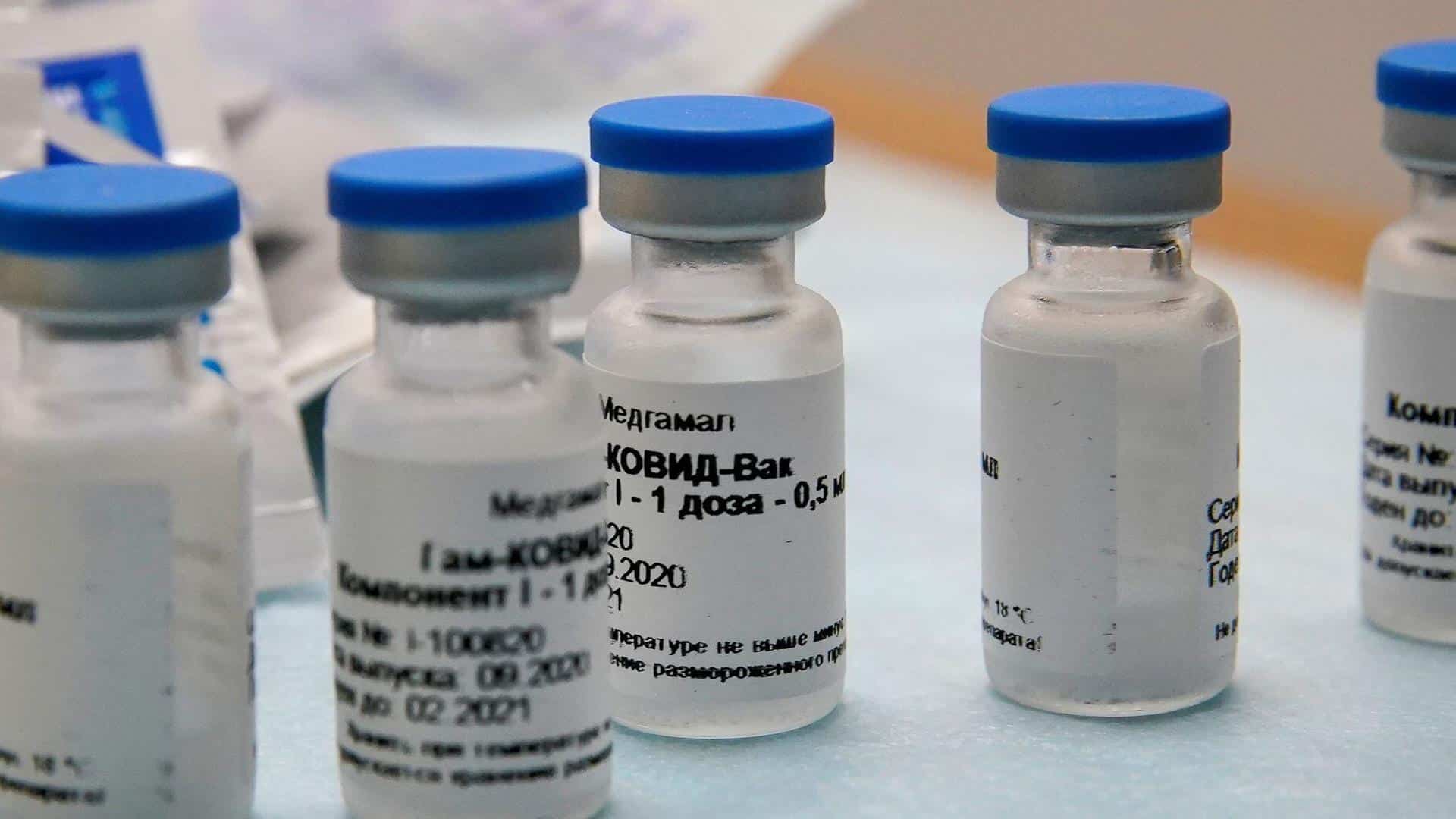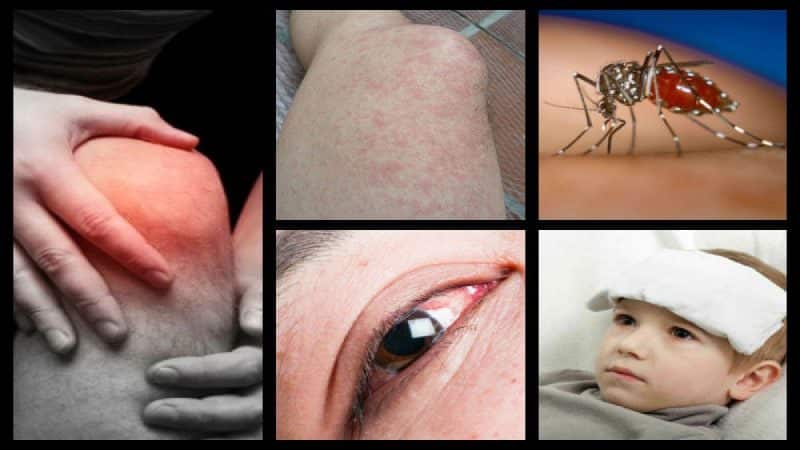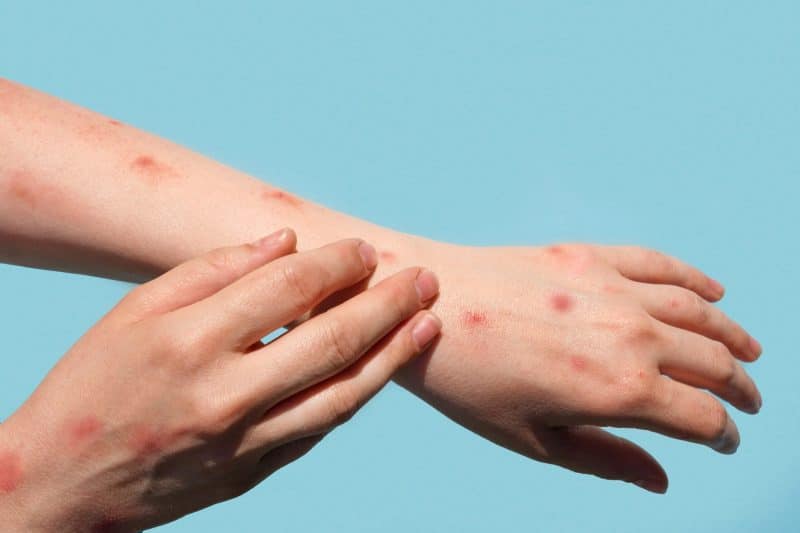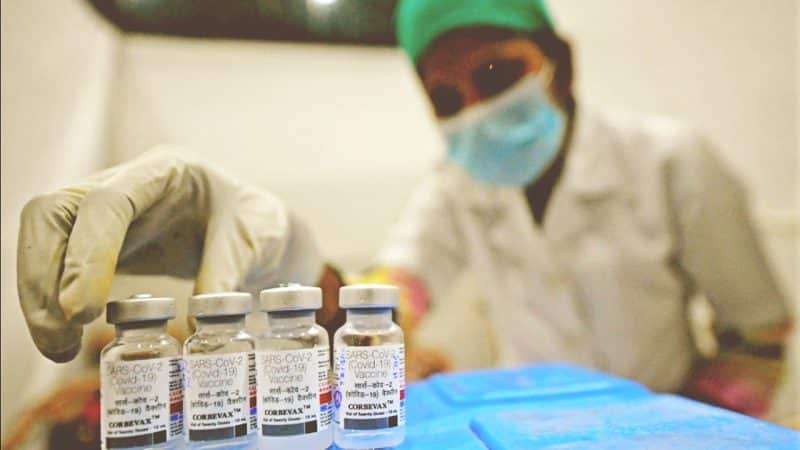A Chikungunya shot is already available. The USFDA has finally approved a vaccine that can help prevent Chikungunya. This mosquito-borne disease can cause severe joint pain, fever, and even death (rarely). Infected female mosquitoes can spread this virus to humans. That is why having a vaccine can help protect populations against Chikungunya.

Necessary Approval
Aedes aegypti carries Chikungunya. This virus can cause prolonged health issues and severe illness. People with underlying diseases and older adults are more prone to contracting this infection. Because of limited treatments available for Chikungunya, the FDA approved the vaccine for it.
Chikungunya is a Kimakonde word for to become deformed. It is a word common among the Makonde people in Africa. This disease causes joint pain and fever. It can also trigger the onset of rashes, muscle pain, joint swelling, and headache. The severe joint pain often goes away in a few days. But in some individuals, pain may last for weeks, months, or even years. In rare cases, Chikungunya can cause neurological, eye, and heart complications. The individual may even die of the severe symptoms. Infected neonates, people with chronic illnesses, and adults above 65 years old have the highest risk of developing intense symptoms and dying.

That is why the FDA approved Ixchiq. Individuals at least 18 years old have a higher risk of being exposed to Chikungunya. This vaccine is a single-dose injection straight into the muscle. It contains the weakened, live virus.
Side Effects
The reported side effects from the vaccine trials were fatigue, joint pain, headache, fever, muscle pain, tenderness, and nausea. It was noted that 1.6% of the patients in the trial developed even more severe symptoms that resembled those of Chikungunya. These symptoms needed medical attention or were debilitating. The side effects prompted the FDA to conduct a post-marketing study to assess the risk of developing them after receiving Ixchiq. Scientists are not sure if the weakened virus in the vaccine can pass through the placenta and enter the fetus to harm it. A warning against receiving Ixchiq during pregnancy is part of the label.

Chikungunya is a virus that can reach the fetus through the blood in the placenta. The neonate is then infected at birth. The infection often results in severe symptoms that lead to the baby’s death. The vaccine trial revealed that most people who had the vaccine virus still had it in their bloodstream a week later. Two weeks later, the vaccine was not detectable anymore. The doctors should consider the individual’s level of exposure to Chikungunya. The gestational age and the risk of the fetus’ contraction of the disease are also factors to take note of before vaccinating the mother.
The Relevance
Chikungunya can cause morbidity and outbreaks. Preventing this disease is a significant contribution to global health. The FDA approved this vaccine because the Phase 3 clinical trial performed on 4,115 adults showed a 98.9% seroresponse rate with one vaccination.
Valneva develops and manufactures vaccines for unmet medical needs. This company also commercializes these vaccines. It was recently reported that Ixchiq is under accelerated evaluation by the European Medicines Agency or EMA. Instituto Butantan and Valneva signed an agreement in January 2021 to develop, manufacture, and market VLA1553 or Ixchiq.

Chikungunya is a serious mosquito-borne disease. That is why the FDA approved the first vaccine for it. Controlling the spread of this illness can save many lives around the world. But the side effects must be dampened. This step is the only way to get the shots without fearing dangerous adverse effects.